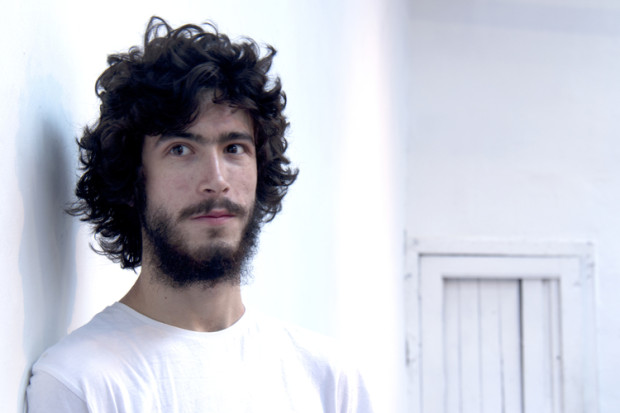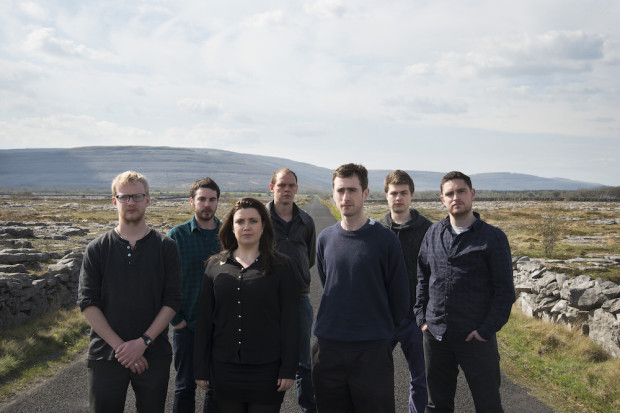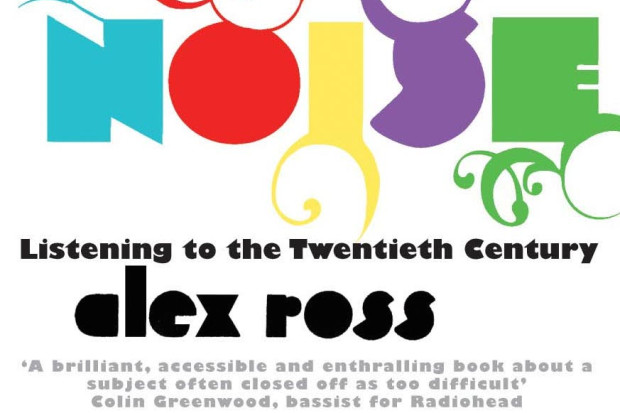Live Reviews: Horizons: John McLachlan
National Symphony Orchestra
William Eddins, conductor
National Concert Hall, Dublin
4th Feb 2003
Horizons 1 – Featured Composer: John McLachlan
McLachlan – Concerto for Chamber Orchestra
Lutoslawski – Jeux vénitiens
Foss – Ode for Orchestra
McLachlan – Here Be Dragons
Piling into the main auditorium of the National Concert Hall it struck me that this was an impressive and mostly very young turnout for a contemporary concert. Programmed by Irish composer John McLachlan and conducted by the entertainingly hyperactive William Eddins, four works were performed this evening – two penned by McLachlan and the others by twentieth-century contemporaries Lutoslawski and Foss.
McLachlan’s Concerto for Chamber Orchestra opened delicately, the strings hinting at some of Gyorgy Ligeti’s quieter moments, particularly when married to the contrasting brass. From here we went into an extended piano section, which saw increased interplay between brass and strings. The material developed from instrument to instrument, leaving nothing to cling to except the pastime of analysis, which unfortunately was not enough for this reviewer. Perhaps the performance was slightly withdrawn or tentative, not having previously heard the piece it is hard to know. In all it would not have suffered from some extremes of dynamic tension – still, a lovely opening section.
The second piece, Jeux vénitiens, by Lutoslawski, had more of the same instrumental contrasts. I must confess to never having been a fan of Lutoslawski’s composition, although his craftsmanship is second to none – and this was as transparent as one could hope for in this evening’s piece. The opening game-playing of wind and strings led to a playful pastoral sequence by a decrescendo snare. After some dreary flute writing we encountered more ‘twixt play, this time with the piano as a major force. The serious sounds Lutoslawski coaxed from the orchestra in this piece were among the most inventive elements of the evening.
Following Lutoslawski was Ode by Lukas Foss, a piece which was very filmic and melodically had far more to offer than the previous two pieces, but was nonetheless quite nondescript and at best kept me awake, at worst had me looking at my watch. Some great legwork by the conductor, as well as particularly cohesive ensemble playing.
McLachlan’s final piece, Here Be Dragons, was quite similar to the earlier Lutoslawski work, a very developmentally ‘blocked out’ composition, ultimately more satisfying than his first of this concert. The wry humour of the ‘Great Escape’ theme halfway through livened things up, and the players appeared to perform with far more conviction than in the previous works in the concert.
McLachlan’s work ended with what was a genuinely beautiful closing section, the kind of writing I felt was really missing in huge chunks from all the pieces this evening.
Of a recent concert/theatre performance given in Tate Modern’s Turbine Room by Arvo Pärt and director Peter Sellars, Sellars commented that, while it was the duty of artists at this time to comment on the events of the world arounds them, at the same time they ‘mustn’t forget that as artists one of our tasks is to create beauty’. I felt the pieces performed in the NCH this evening spoke too little to too few, and didn’t conjure up enough beauty to compensate.
Music which draws attention to its inner workings and nothing else is better left on paper. In a world where the contemporary Western composer is competing, whether they like it or not, with the electrifying musical progressions, innovations and intelligence of American hip hop and r&b, (not so) underground European electronica and the sheer energy of leftfield rock’n’roll acts, maybe more attention should be placed on direct musical dialogue with audiences, music that reflects not only the composer but, as well, his/her audience and the surrounding world. This particular installment in the Horizons series, although full of well crafted and intelligent composition, did not quite reach this mark. Where McLachlan’s programming fully intended to avoid proclaiming the sole validity of one single style, and was aware that the present age is marked by a multiplicity of co-existing musical languages (cf. JMI, Jan/Feb 2003), it might be an idea for programming to jump even further and more adventurously in this direction.
Published on 1 March 2003
Simon O'Connor is a composer and Art Director of The Journal of Music.














